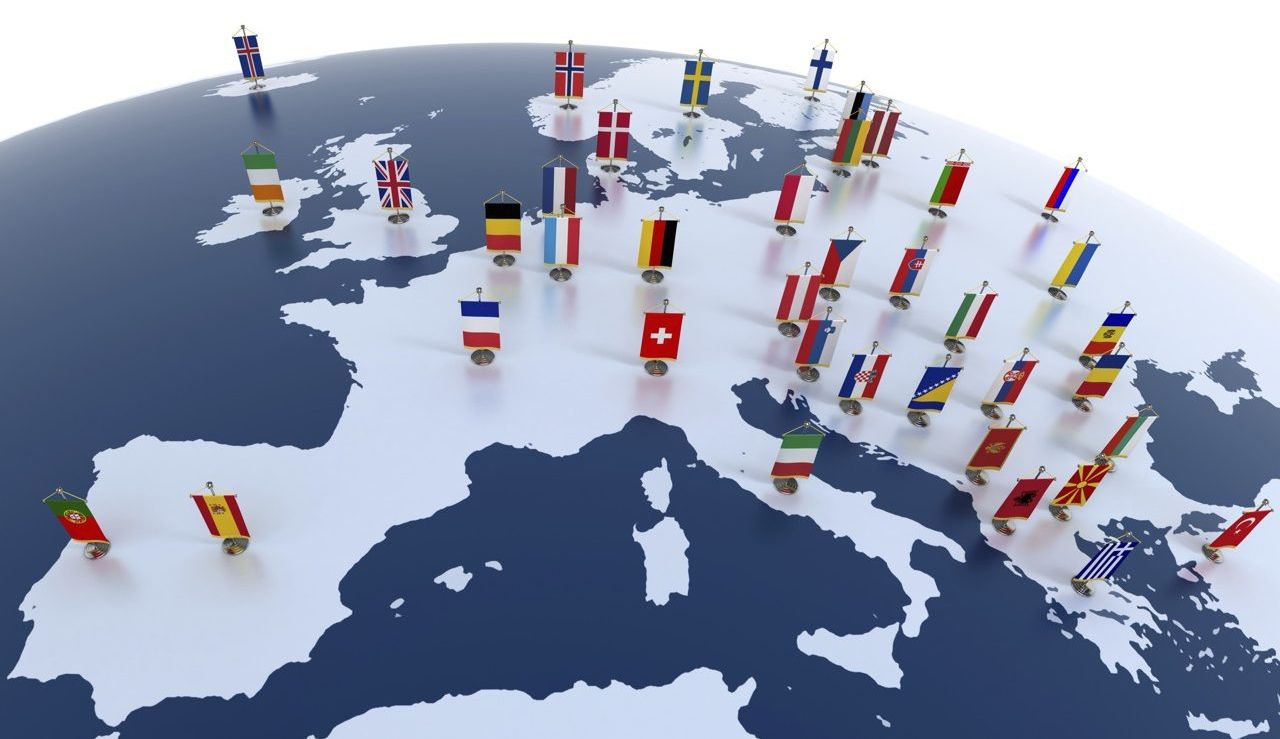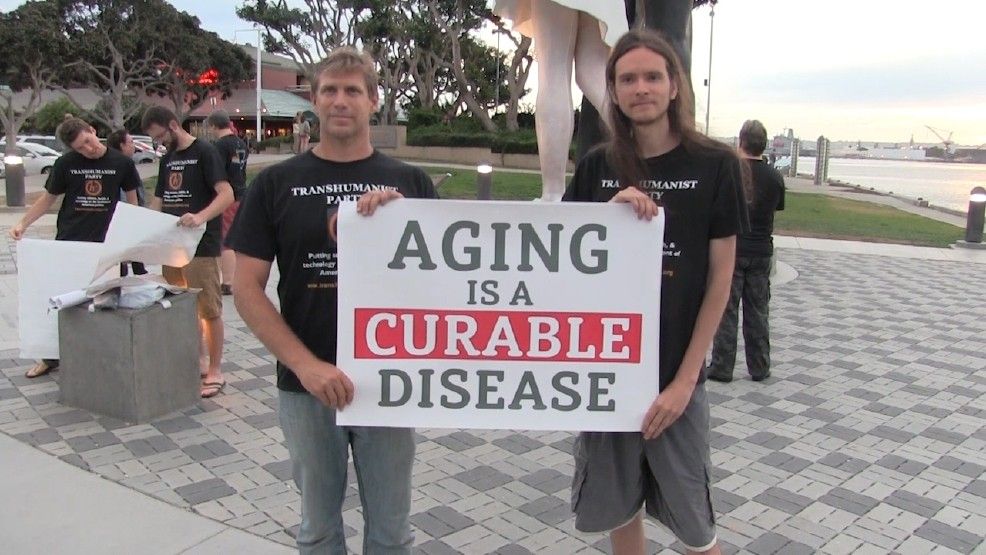Nice POV read.
We know that emerging innovations within cutting-edge science and technology (S&T) areas carry the potential to revolutionize governmental structures, economies, and life as we know it. Yet, others have argued that such technologies could yield doomsday scenarios and that military applications of such technologies have even greater potential than nuclear weapons to radically change the balance of power. These S&T areas include robotics and autonomous unmanned system; artificial intelligence; biotechnology, including synthetic and systems biology; the cognitive neurosciences; nanotechnology, including stealth meta-materials; additive manufacturing (aka 3D printing); and the intersection of each with information and computing technologies, i.e., cyber-everything. These concepts and the underlying strategic importance were articulated at the multi-national level in NATO’s May 2010 New Strategic Concept paper: “Less predictable is the possibility that research breakthroughs will transform the technological battlefield … The most destructive periods of history tend to be those when the means of aggression have gained the upper hand in the art of waging war.”
As new and unpredicted technologies are emerging at a seemingly unprecedented pace globally, communication of those new discoveries is occurring faster than ever, meaning that the unique ownership of a new technology is no longer a sufficient position, if not impossible. They’re becoming cheaper and more readily available. In today’s world, recognition of the potential applications of a technology and a sense of purpose in exploiting it are far more important than simply having access to it.
While the suggestions like those that nanotechnology will enable a new class of weapons that will alter the geopolitical landscape remain unrealized, a number of unresolved security puzzles underlying emerging technologies have implications for international security, defense policy, deterrence, governance, and arms control regimes.






